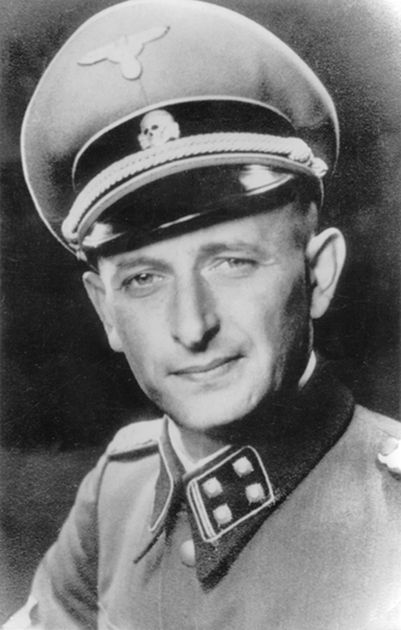On 19 March 1944 a group of SS officers forming a so-called Sondereinsatzkommando, under the command of SS-Obersturmbannführer Adolf Eichmann, arrived in Budapest. Contacts were immediately established with the minister of the interior Andor Jaross, secretaries of state in this ministry considered to be ‘specialists in Jewish matters’, László Andre and László Baky, as well as the gendarmerie commander László Ferenczy. Eichmann found them to be eager collaborators who willingly carried out his instructions.
At the same time Eichmann tried to allay the fears of Hungarian Jews. During a meeting at Hotel Majestic in Budapest on 31 March he assured Jewish community leaders that apart from the obligation to perform some light labour and make a few minor concessions, Jews in Hungary who showed willingness to cooperate would not encounter any inconvenience. Therefore members of the then specially convened Jewish Council (chaired by Dr Samuel Stern) came to the conclusion that if the Jews complied with these expectations and did not provoke German repressions, they would be able to survive another several weeks or months, up until the end of the war. Other Jewish activists (Rudolf Kastner and Joel Brand) tried to prolong realisation of German demands, and in that time bribe German officials (the Reich plenipotentiary at the German embassy in Budapest Edmund Veesenmayer) or negotiate an agreement whereby at least some of the Jews would be allowed to emigrate. Such stances, however, gave virtually no results. Eichmann, skilfully deceiving his interlocutors and tantalising them with promises, dissuaded the Hungarian Jews from even thinking of resisting, if only in the form of mass escapes.

